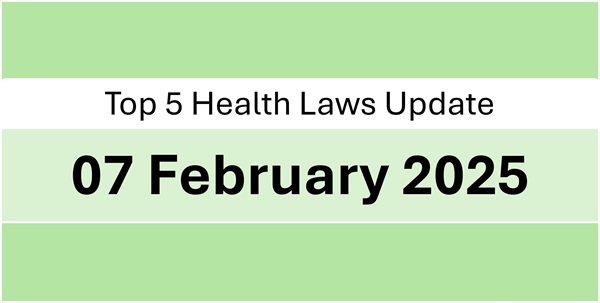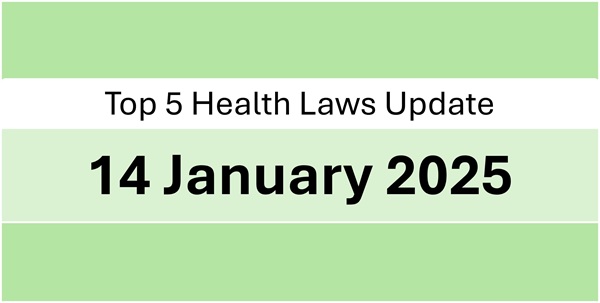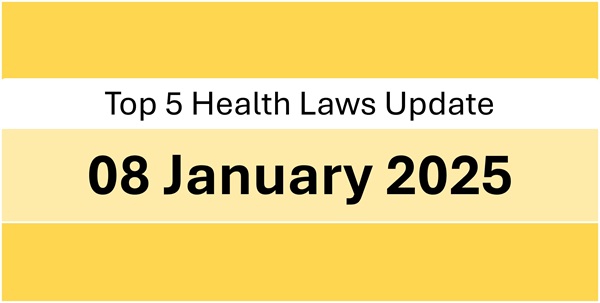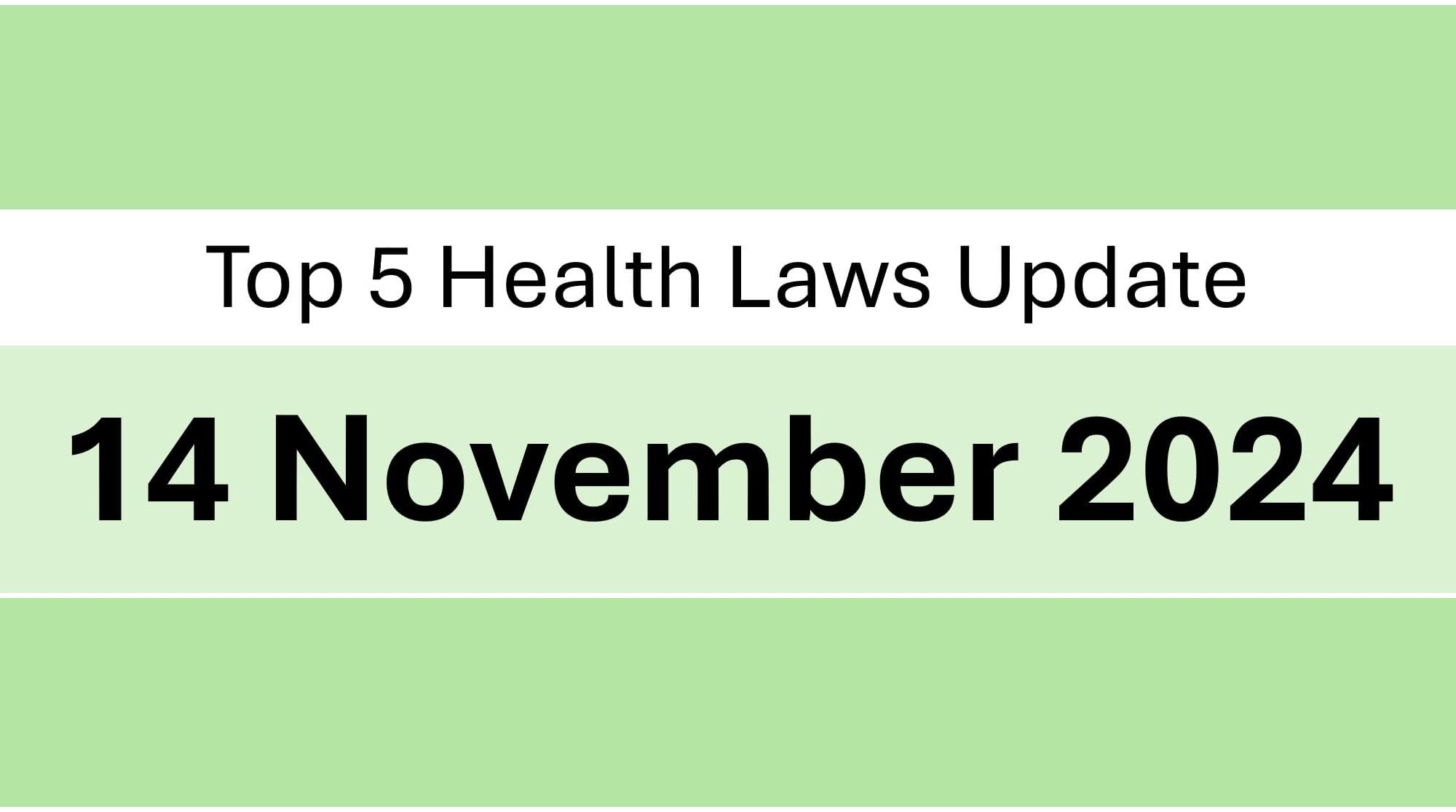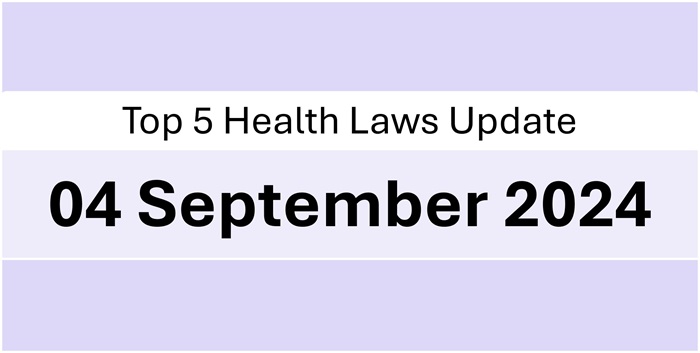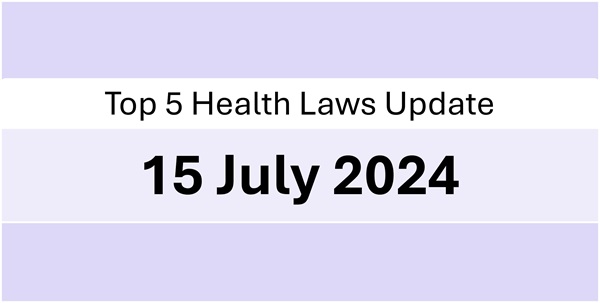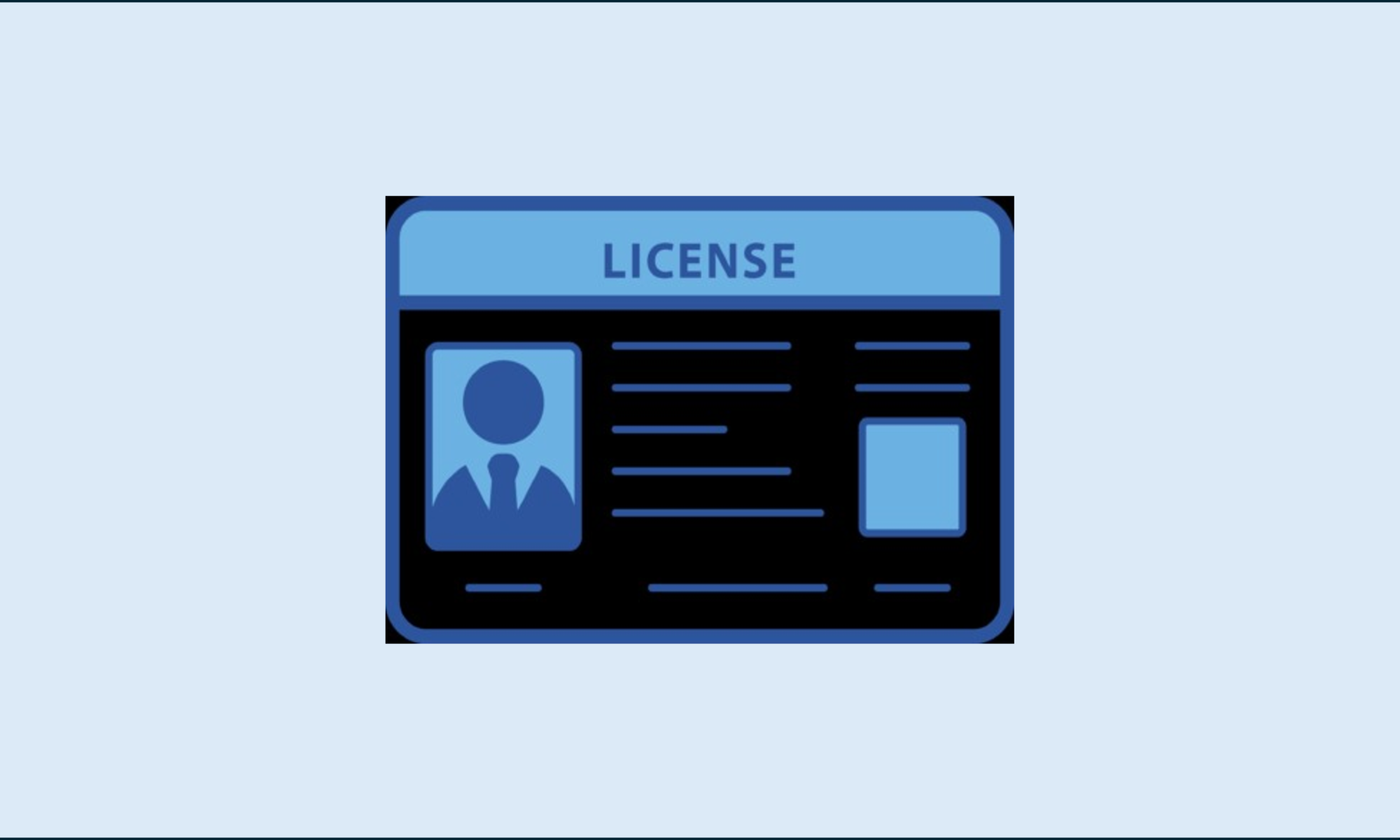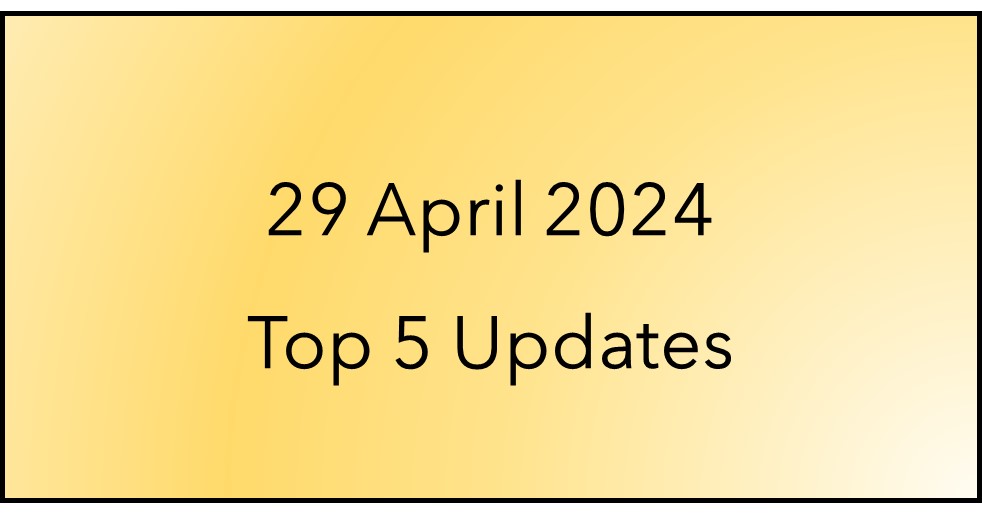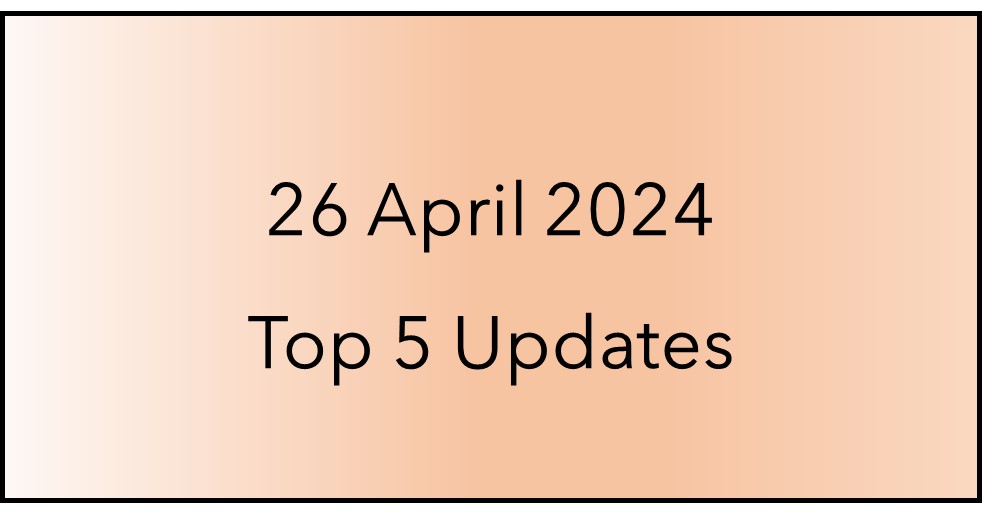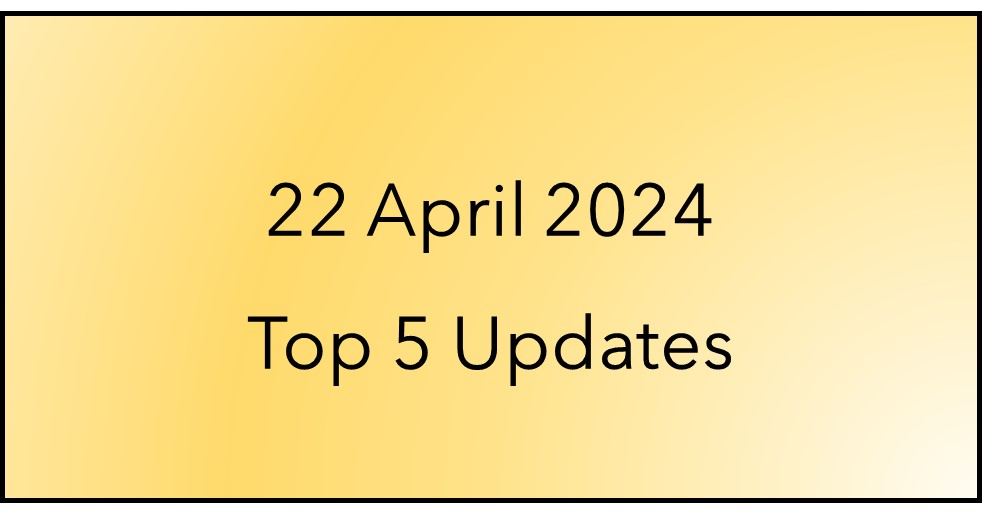Dear Readers, we are happy to share the most interesting legal and policy updates concerning health industry that we read today. we hope you enjoy reading it.
1. The Maharashtra government plans to amend the Mumbai Nursing Home Registration Rules, 1949, following concerns from the Indian Medical Association (IMA) over the 2021 amendment, which mandated staffing and infrastructure requirements for small hospitals. The new amendments aim to align regulations with industry recommendations to improve infrastructural and staffing feasibility for healthcare providers.
Source: bit.ly/3CFx3G1
2. The European Medicines Agency has set 23rd July 2025 as the date for implementation of updated International Council for Harmonisation (ICH) guidelines on Good Clinical Practises. This latest version of the guidelines encourages the sponsors to design trials that are fit for purpose and sufficient to provide confidence in the trial’s results.
Source: bit.ly/3CG9rky
3. In the 1st half of Financial Year 2025, the National Pharmaceutical Pricing Authority’s (NPPA) overcharging demands from pharma companies dropped sharply, while the number of cases surged by over 50% compared to last year. This reflects a rise in enforcement actions but a decline in penalty amounts imposed.
Source: bit.ly/4jGCGnY
4. The amended version of European Union’s (EU) Medical Devices Regulations, 2017 introduced Section 10a to enhance transparency and availability of medical devices. It mandates early notification of supply disruptions, extends IVD transition periods, enables a gradual roll-out of Eudamed, and imposes new responsibilities on economic operators.
Source: bit.ly/414XApt
5. A Parliamentary Panel has urged the Ministry of Ayush to strengthen regulations for adverse effects reporting and ensure regular post-marketing surveillance of Ayush medicines. It has requested a detailed status report on actions taken to enhance the regulatory framework for reporting adverse effects and ensuring drug safety and efficacy.
Source: bit.ly/4gzfzZP

